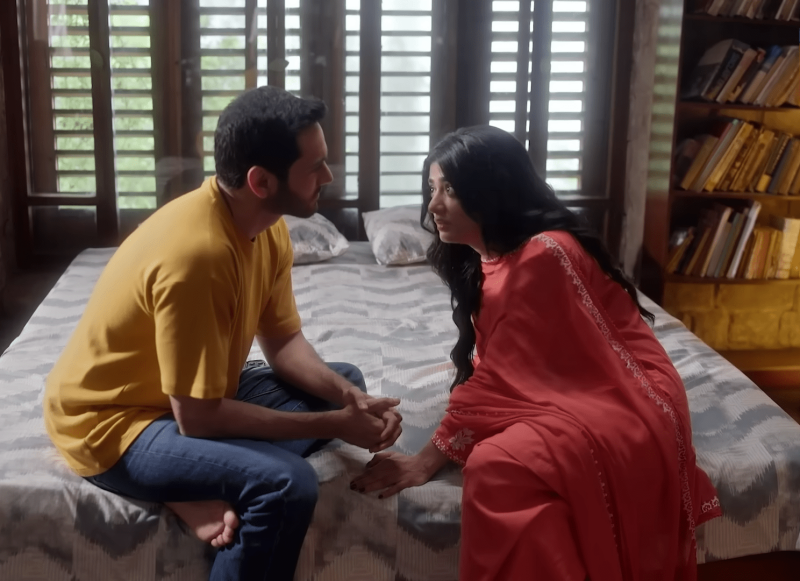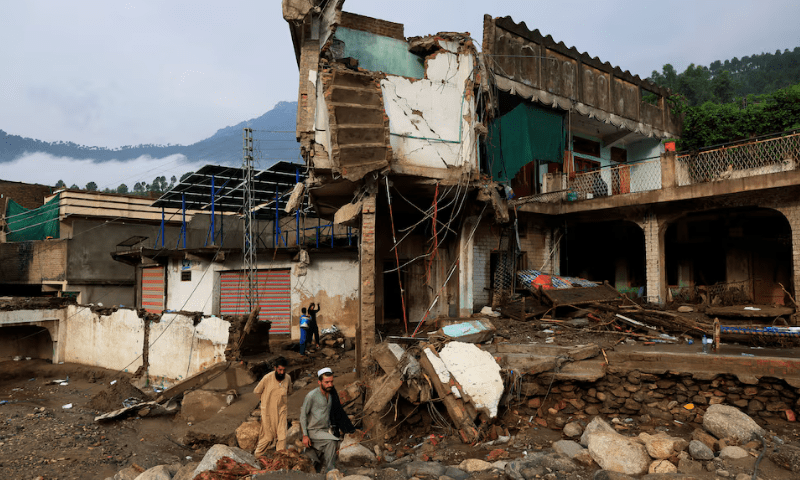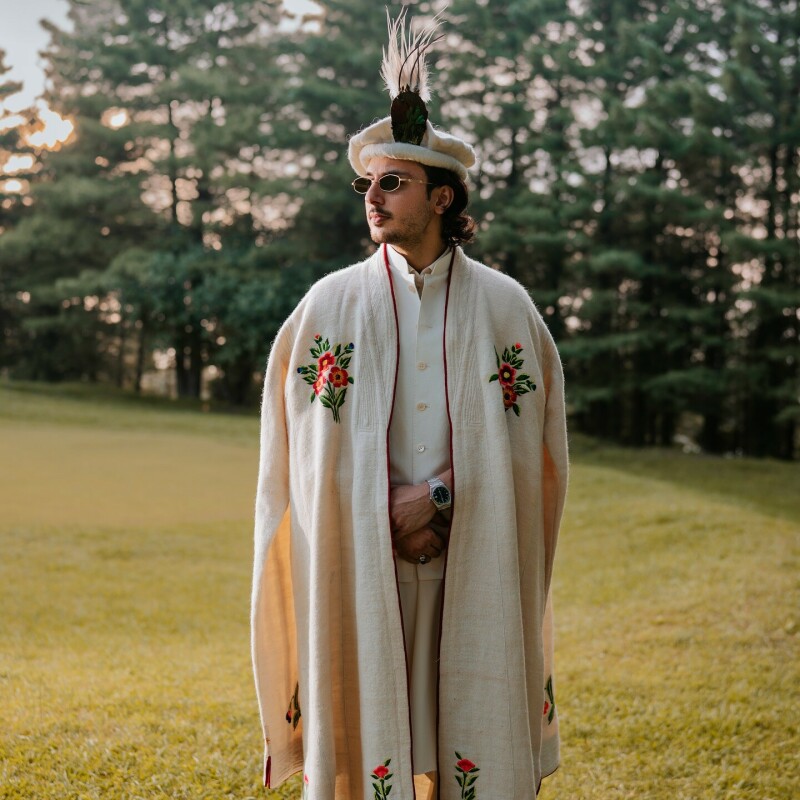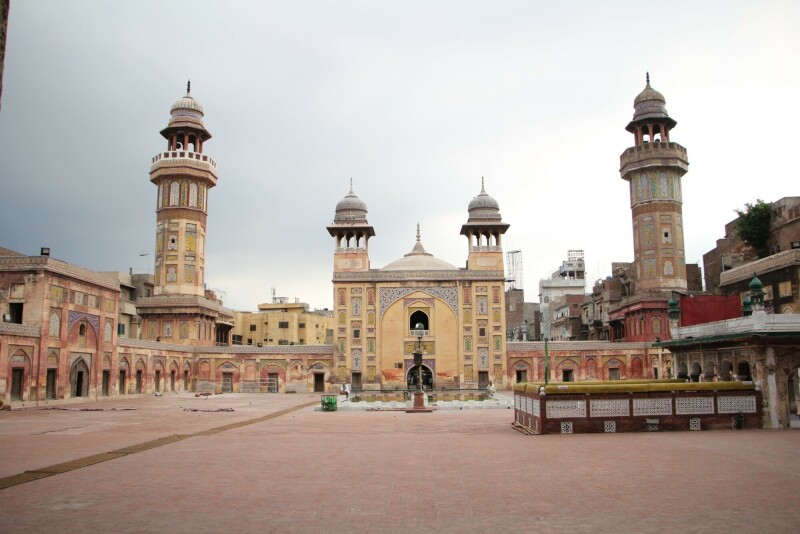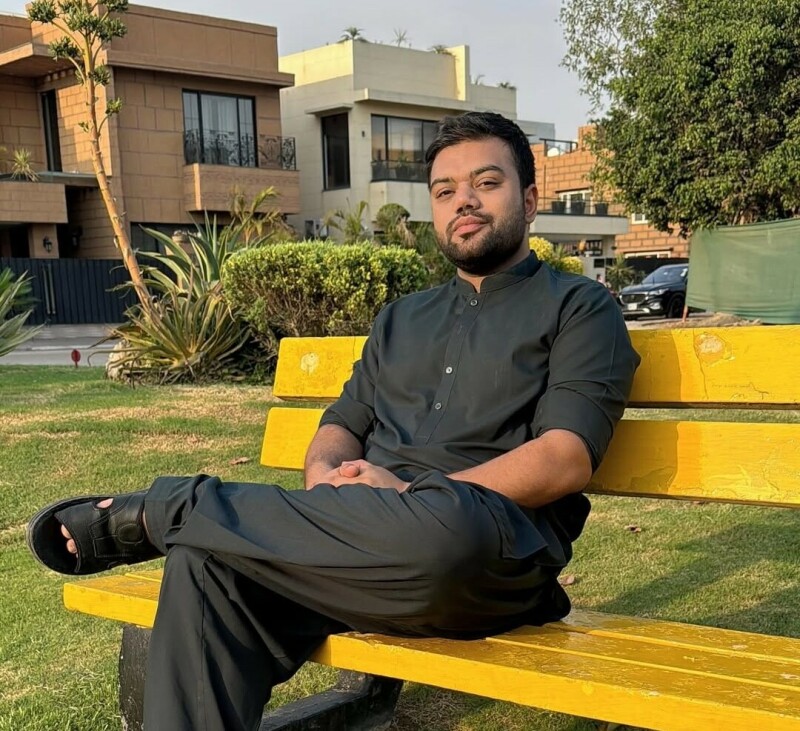Mayi Ri — a heart to heart with Pakistani society
“Bartano se khelna tha, doriyon se bolna tha, chup si hogye kyun Mayi Ri,” echoes the essence of the new primetime show, Mayi Ri. Aiming to delve deep into child marriage, the show’s soul resounds with something that is not for everyone, yet something everybody should watch — a dilemma well-known to the Pakistani audience, reminiscent of the drama serial Udaari.
Directed by Meesam Naqvi, Mayi Ri features a family of eight people, including two siblings, their wives, kids and a typical mother-in-law. The elder brother, Zaheer (Nauman Ejaz) runs the house, whereas the younger brother, Habib (Saad Zameer Faridi), is his follower. In the case of thewomen, the dynamics are different. Though Samina (Maria Wasti) is the older daughter-in-law, and Aisha (Maya Khan) the younger one, they share a camaraderie rarely seen in Pakistani dramas. They find solace in one another’s presence as sisters, as friends and as passengers drifting in the same boat but each with a different captain.
The story revolves around their kids, Fakhir (Samar Jaffri) and Ainy (Aina Asif), who are busy enjoying the joys of teenage life. Their world centres on carrom games, mathematical equations, teenage crushes, and cousin rivalries. They deftly juggle their studies, assist their parents with household chores, and ensure they return home punctually — until an unexpected turn of events.
One day, Zaheer makes a decision — to get them married. His reasoning? He senses his time is limited and fears missing out on his son’s future joys. So, he contemplates marrying him off now at the age of 16 to a girl who’s a year younger than his son. While the mothers fight fiercely for their children, their efforts eventually wane, and they cede the reins of the duo’s future to their fathers and to God — a reflection of the patterns often seen in patriarchal families facing such situations.
Featuring a screenplay that remains unwaveringly true to its essence and actors who immerse themselves so deeply in their roles that you can feel their commitment to the cause, this Big Bang production raises many important questions that our society must collectively strive to get answers for.
In Episode 4, a pivotal moment unfolds as Samina confides in Zaheer, revealing that Fakhir’s affections lie elsewhere. In response, Zaheer delivers a poignant retort, asserting that this isn’t the age for Fakhir to engage in romantic entanglements. However, Samina counters with a cutting retort — “Wah, ishq karne ki umer nahi hai uski, magar shadi karkay buche paida karne ki umar hai uski [Wow, he’s not of the age to date, but he’s old enough to marry and have kids]” — encapsulating a sentiment that resonates with individuals who hold double standards when their personal interests are at stake.
Perhaps sensing that their message hadn’t fully resonated, the showrunners took a proactive approach by having Fakhir pose the same question directly to his father in Episode 6. “Ishq karne ki umer nahi hai, lekin shadi karwane ki hai [I am not old enough to love, but I’m old enough to get married.” Likewise, in Episode 4, Ainy shares an article with her mother, underscoring that child marriage is a crime.
As we enter the 10th episode, the showrunners’ efforts to highlight the importance of this issue remain commendable. The children demonstrate a remarkable level of sensibility, surpassing that of the adults in their families. They earnestly attempt to explain to them the seriousness of the situation and the potential outcomes of their intended actions, but nobody pays them any heed. #AdultsbeingAdults
While all is fine and dandy, there is one aspect of the drama that I found slightly disturbing — the conscious effort of the showrunners to weave bits of humour and lighthearted jokes on the serious topic, ensuring that the audience doesn’t become entirely weighed down by the subject matter, which underscores the gravitas of the subject. Since it’s a grave problem, it should be handled without any casualness. In fact, it could be a lesson in changing the behaviours of our audience by teaching them that they can’t always expect fun and vigour in dramas made about social issues.
Child marriage is a big problem in Pakistan. According to UNICEF, nearly 19 million girls in Pakistan are married while still in childhood, revealing a stark reality — approximately one in every six young women becomes a child bride. Qamar Naseem, programme coordinator at Blue Veins, a KP-based, award-winning organisation for women and transgender persons, revealed some findings of ActionAid that, in certain districts of Khyber Pakhtunkhwa such as Charsadda and Mardan, the prevalence of child marriages is up to 77 per cent. He also told Images that 23 per cent of girls in Pakistan do not even get to the ninth or 10th grade.
Highlighting the consequences of child marriages, Naseem said, “The most significant detriment of child marriage falls upon the young girls themselves. They are deprived of their education, economic opportunities, and their health is severely impacted by early and forced responsibilities, rendering them more vulnerable.” He also said there is a strong correlation between domestic violence and child marriage.
“According to government data, 56 per cent of domestic violence cases involve child brides. The country’s GDP also suffers as these girls cannot become a part of the workforce.”
This staggering statistic further underscores the urgency of the show’s message, especially because a vast majority of the audience still misses the point and considers it merely another romantic drama, inadvertently longing for young couple to marry.
The stark contrast between the issue at hand and the audience’s perception highlights the critical need for media to transcend entertainment and serve as a tool to raise awareness and promote social change.
“Our dramas usually depict the scenario where a young girl is married to an older man, and the problems begin. Mayi Ri, on the other hand, portrays the story of both boys and girls. If both are married at a young age, what problems will they face? Because neither of them is mature enough to handle those situations,” the show’s director, Syed Meesam Naqvi, told Images.
“Many households are such that these issues are hidden due to family matters — the idea of marrying off cousins at a young age is pursued without considering the potential impact on their education or mental health. With the help of this show, we aim to bring this matter to people’s attention and make them understand the consequences of early marriages.”
Kudos to team Mayi Ri for actively trying to educate the audience and striving to drive social change. I hope the remaining episodes continue to maintain the authenticity of the subject matter.







